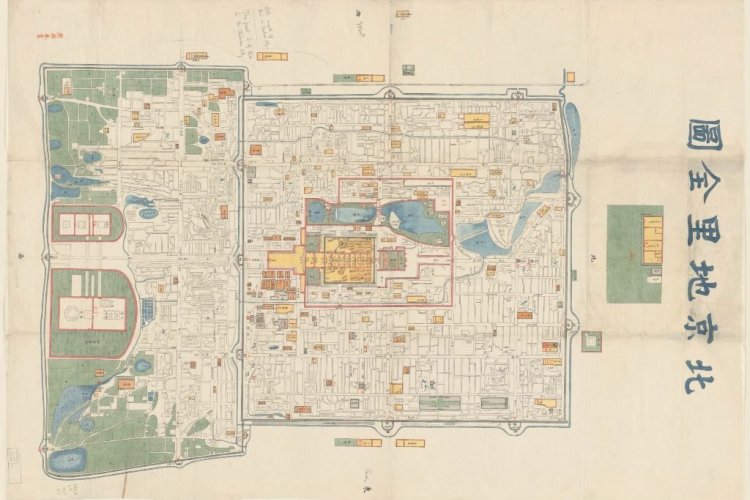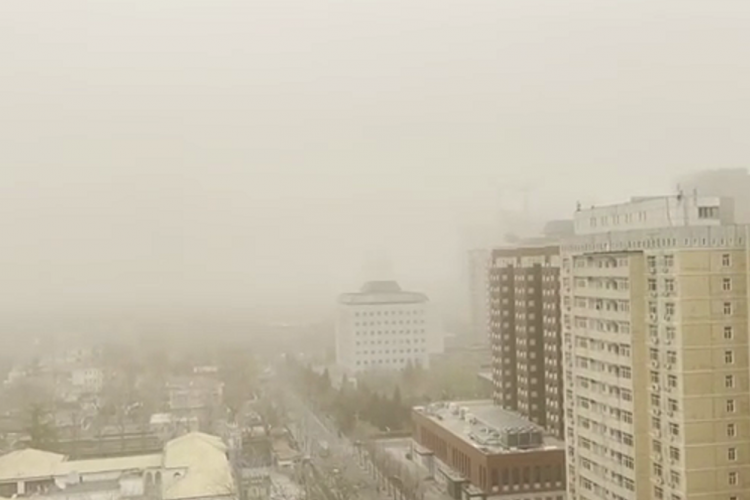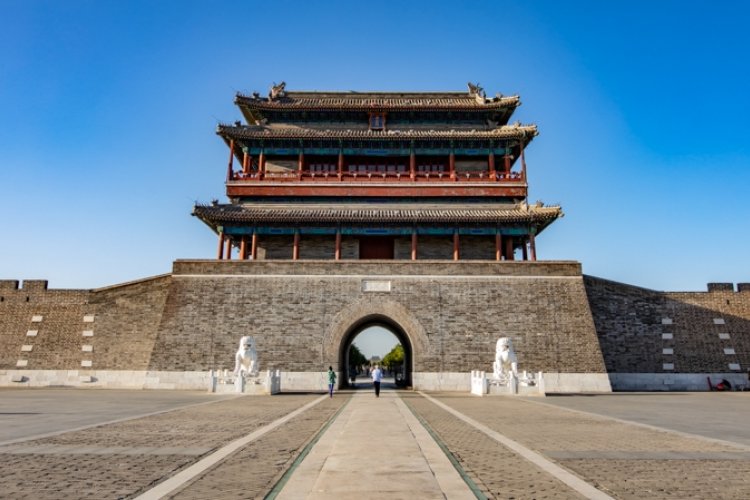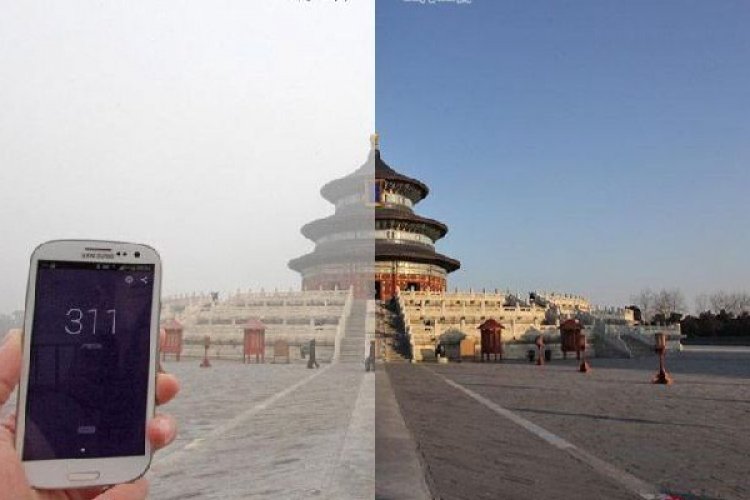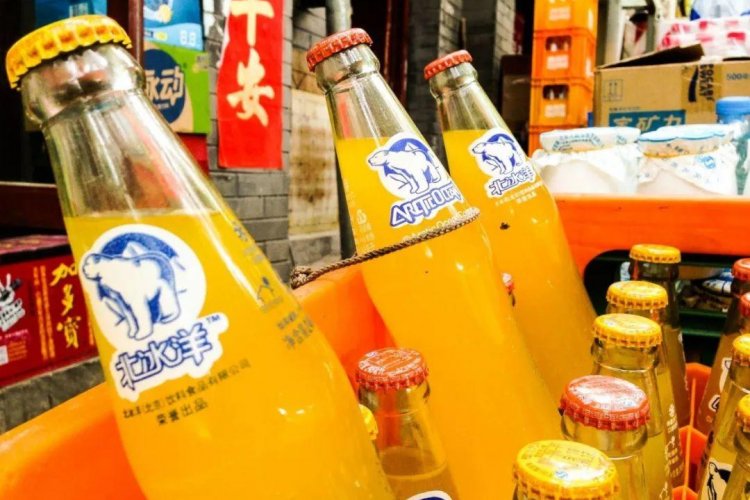Patchy Pollution Readings and Increased Environmental Awareness Leads to Boom In Affordable Air Quality Devices
With the rise of environmental awareness in China – particularly within the growing middle consumer class – comes a boom in development and manufacturing of new smart devices that detect air pollutants and interact with in-home air-filtration appliances.
Technode reports that a burgeoning market has produced a number of handy gadgets that work in conjunction with smart phones and wireless monitors, allowing users to control functions remotely. One such indoor environmental quality (IEQ) device has just been launched by Airnut, the developer behind MoWeather, one of the most successful weather apps in China (boasting “fun accuracy wherever you go!”) and competes directly with both Haier’s Air Box as well as the veteran of air quality monitors Dylos’s Air Quality Monitor and an ever-expanding number of devices detailed here by techinasia.
More significant perhaps, is Airnut’s new Outdoor Station, which for RMB 999 lets buyers place a miniature, yet high-functioning weather station wherever they wish. The small suction-ready gadget is predicted to appeal to both attractions and businesses hoping to draw tourists with wireless, real-time and transparent weather and pollution data.
Until now, official state-owned pollution monitors, or Beta Attenuation Monitors (BAM), have been the only way to collect readings of the dreaded PM2.5 along with other pollution data. Going for around RMB 120,000 each, they’re not cheap, which is presumably why there are currently only 500 of these monitors (approximately 10 per city) in China, leaving many cities without readings of PM2.5 at all.
Such holes and perceived tampering of data from official outlets will allow companies to side-step purchasing data from the national weather bureau, while at the same time generating advertisement revenue through app interfaces and direct communication with consumers.
At the right price, coupled with the announcement last week that Beijing is thankfully not in fact the world's most polluted city, these products are likely to sell very very well worldwide.
Photos: technode

